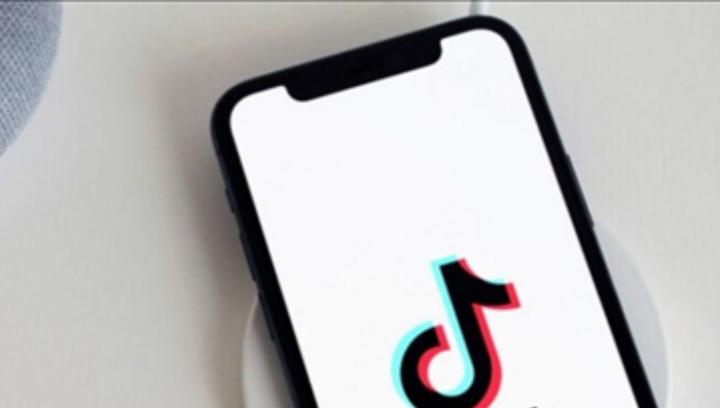TikTok Ban Challenge: Trump's Supreme Court Strategy
Former President Trump has requested the Supreme Court delay enforcement of TikTok’s forced sale deadline, seeking time after his potential January 20 inauguration to resolve the controversy through political means.

The TikTok controversy in the United States has entered a new phase with Donald Trump’s recent Supreme Court petition. This complex situation involves multiple stakeholders - Congress, the judiciary, ByteDance, and American businesses - each with their own interests and motivations.
The current legislation, passed with strong bipartisan support, requires ByteDance to divest TikTok by January 19, 2025, or face a U.S. operating ban. This deadline’s timing is particularly noteworthy, as it falls one day before Trump’s potential return to office.
The financial stakes are substantial. TikTok claims small businesses could lose over $1 billion in revenue within a month if the forced sale proceeds. Major shareholders like Susquehanna International Group, whose co-founder Jeff Yass is a significant Republican donor, have considerable financial interests at stake.
The legal landscape presents several challenges. The ban faces potential constitutional hurdles under the First Amendment, which protects free speech without explicit national security exceptions. Unlike China’s constitution, which specifically allows limitations on individual rights for national interests, the U.S. Constitution provides broader speech protections.
Trump’s approach appears multifaceted. While he previously supported TikTok restrictions, his recent statements have been notably supportive of the platform, praising its young user base and suggesting openness to alternative solutions. This shift may reflect both political calculation and the influence of major Republican donors with ByteDance investments.
The Supreme Court, with its current 6-3 conservative majority, will play a crucial role. Chief Justice Roberts, known for his cautious approach to executive authority, will likely carefully weigh both constitutional implications and national security concerns.
The outcome remains uncertain. While Trump’s Supreme Court request lacks direct authority as a presidential candidate, it adds another layer to an already complex political and legal battle that could reshape both social media regulation and U.S.-China business relations.